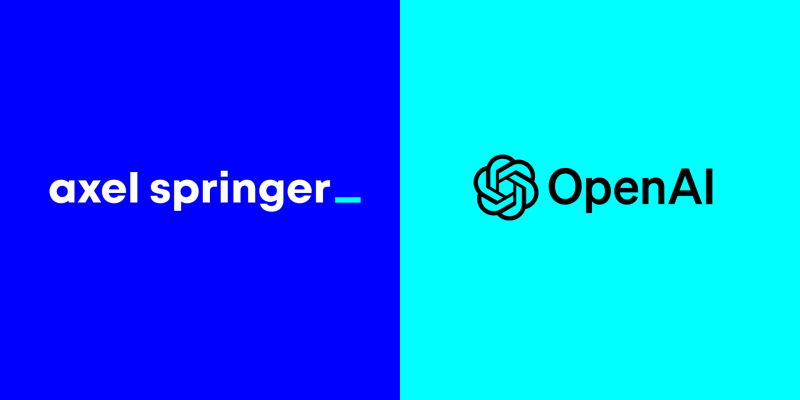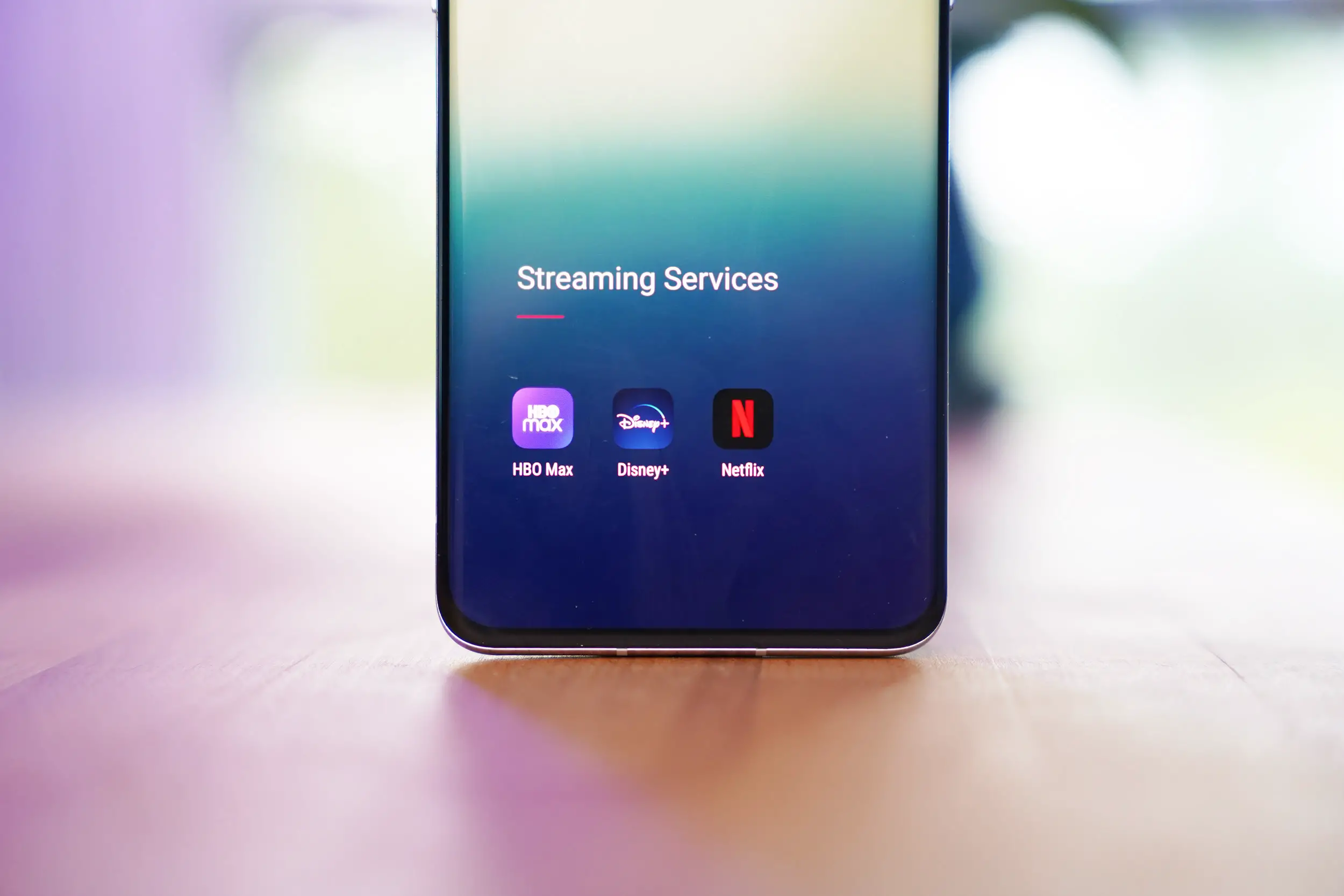AI is going to continue to grow in popularity and dominance as we roll into 2024. While there is a lot of scary information out there regarding people’s jobs being replaced by AI, there are also efforts to empower people. One of those jobs that have been threatened is journalism, however, good journalism cannot be replicated by bots. Personal connection with our readership as well as being able to discern and disseminate information is essential for all aspects of journalism.
There have been some larger efforts by organisations to take authors’ works from outlets and train AI based on employees’ work. Which, without the consent of those authors is deeply unethical. So there are a lot of real-world ethical ramifications of exploiting the people who do this essential work.
What is the collaboration?
Springer and OpenAI’s collaboration isn’t that. It intends to use its OpenAI to be able to utilise and reference specific work based on some of Springer’s properties. This is interesting for a lot of reasons, but what it allows is open access to information that otherwise wouldn’t be accessible. This will empower people regardless of geographic location to have reliable news that could have been restricted through other means.
Why is it important?
The key here is transparency. When ChatGPT answers users queries about specific topics it will provide proper citation. This means that everything will be linked to the sources and will allow users the opportunity to explore more. This also by proxy, encourages the development of critical thinking as well as media literacy. This is more and more important in a digital age where it becomes more and more difficult to discern good information from bad.
Who’s leading?
Mathias Döpfner, CEO of Axel Springer, highlights the potential of AI-empowered journalism to elevate quality and societal relevance. In a world inundated with information, the need for credible sources has never been more crucial. The partnership seeks to address this need for quality content. The partnership also contributes to the training of OpenAI’s sophisticated language models. This ensures the continued evolution of AI technology to better serve the journalistic landscape.
Brad Lightcap, COO of OpenAI, underscores the commitment to working with publishers globally. He emphasizes the role of advanced AI technology in providing new avenues for accessing real-time news content. By partnering with reputable media outlets, OpenAI aims to reinforce the value of quality journalism. This creates a ripple effect that extends to other facets of the information ecosystem.
Ultimately
The Axel Springer and OpenAI partnership represents a step toward a future where AI. By fortifying critical thinking, providing valid sources, and ultimately curbing the spread of misinformation. As users engage with AI-generated content enriched by authoritative sources, they are gaining access to valuable information. As well as actively participating in the fight for a more informed and discerning global community.











Comments